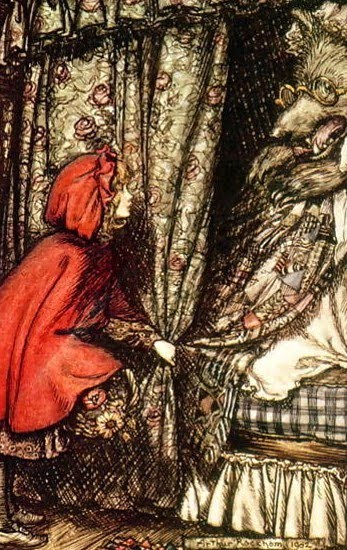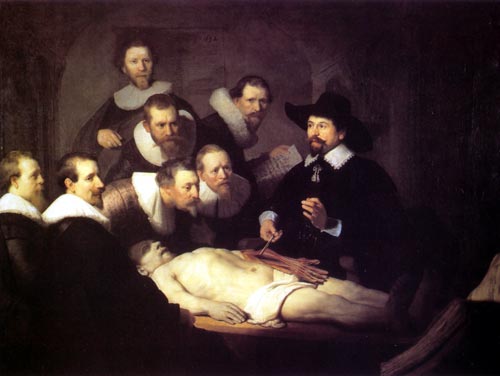
In 1788 when the British came to Australia to colonize, they looked upon the Aboriginals ways of living in an ethnocentric manner causing conflict to occur between these two very different types of people. By first impression, the British saw the Aboriginals as savages and barbarians who didn't know how to own land and weren't even considered humans. The Aboriginals were looked upon as inferior by the British who considered themselves superior towards all other people. These views of the Aboriginals by the British shows their ethnocentrism because both of their ways of living are different yet because the British culture is more modernized than the Aboriginals, the Aboriginals cultures and beliefs are looked upon as inhuman and different. This ethnocentrism resulted in conflict between the British and the Aboriginals. Such as when the British went into the farms where crops like yam was planted, and dug it up because that wasn't the food that was of their liking and instead they planted crops which they liked such as corn and potatoes. All these changes was different for the Aboriginals yet because they were 'different' from the British, they couldn't have a say in what they believed was right and how they wanted their land to look like. Also, in Bennelong's obituary from the newspaper, he is described as many different things. Even though Bennelong was the one who was holding the relationship and trust together between the British and Aboriginals, to the British he was considered as once a savage, always a savage. After Bennelong had come back form his Journey to England, he had chosen to go back to his normal lifestyle even though he had lost all respect form the British, lost his place in his tribe, and his wife left him. After this, the British realized that no matter how hard they tried, they couldn't turn the Aboriginals into 'normal' people like themselves. Overall, the British who came to colonize this new land was bias and inconsiderate towards the already settled people living there. Despite all this, had the British come into Australia without their ethnocentric views, all these conflicts wouldn't have occurred and they would have been able to accept the different way of life lived by the Aboriginals.
Picture: http://www.knowledge.ca/files/imagecache/program_detail/image_assets/16186317_image.jpg





